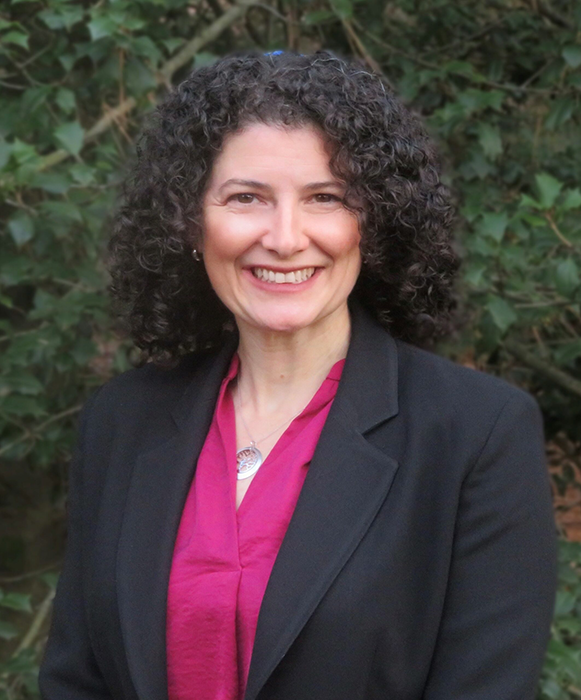When I shared with friends that I wanted to be a rabbi, they all had the same reaction: "I didn't know you were that religious." I wondered, what does "religious" look like? They knew I spent time at my synagogue and went away for weekends with my youth group. Most of the time, religion was not discussed. When it was, my beliefs focused on social welfare and public policy than doctrine or ritual.
Descriptions of religion often focus on belief, miracles, and observance. I have always wondered more about the connection between religion and self-confidence or inner faith. This week's Torah portion, Mikeitz, relies on the faith of multiple characters and reminds us of the importance of our inner voice.
Once again, we find Joseph, believing in his abilities, his own leadership, and the power of his dreams. In Mikeitz, he interprets Pharaoh's dreams and implements a 14-year food sustainability plan for Egypt and the surrounding region. The story is told without questions, concerns, or doubt. Joseph's father, Jacob, sends his 10 brothers to Egypt to get food. When Joseph is reunited with his brothers, he devises a plan to learn if they have grown or changed. The brothers, too, believe in this new leader and rely on him to save them, even though they do not recognize their own brother. Every piece of this story reminds us of the power and courage that leadership requires. Every character demonstrates the faith needed to believe in oneself and others to be a leader.
At this time of year, there are stories of faith, leadership, miracles, and self-advocacy all around us. The stories of Hanukkah, Christmas, and Kwanzaa remind us of the power of individuals to create change in a larger society.
Harriet Tubman once wrote, "Every great dream begins with a dreamer. Always remember, you have within you the strength, the patience, and the passion to reach for the stars to change the world."
As we read Mikeitz, I find myself wondering how we respond to individuals who are confident, have faith, advocate for their own beliefs, and trust that things will work out for the best.
- How do you react when you encounter someone with strong faith and belief?
- How do you feel when a leader has self-confidence and optimism?
- When you hear individuals that have less experience than you advocating for themselves and presenting their ideas, how do you respond?
The faith, confidence, belief, optimism, and self-advocacy that is evident in Mikeitz is a characteristic of the matriarchs and patriarchs in Genesis. These characteristics, sometimes questioned in modern American society, serve a profound purpose. As the world spends the next week celebrating and reflecting, may we draw inspiration from our ancestors, and consider how we can embrace some of those characteristics in our leadership and lives.
Explore Jewish Life and Get Inspired
Subscribe for Emails

